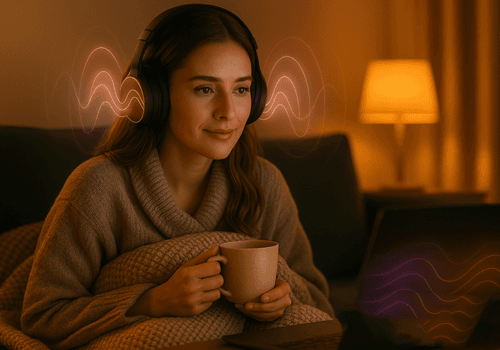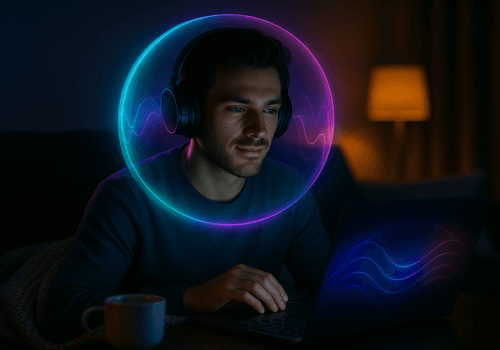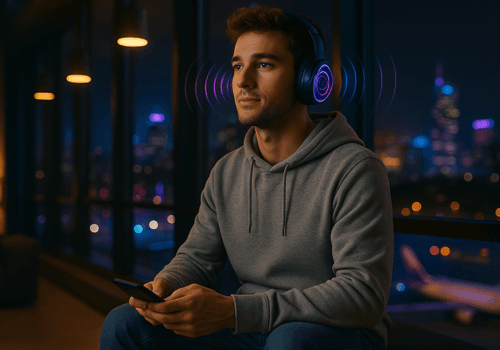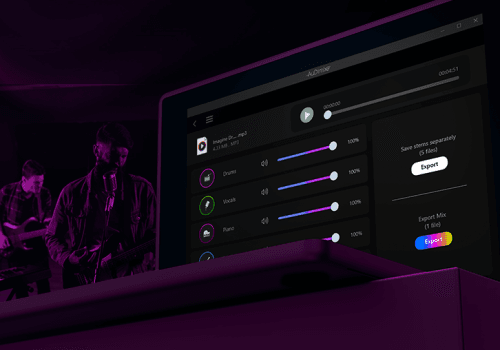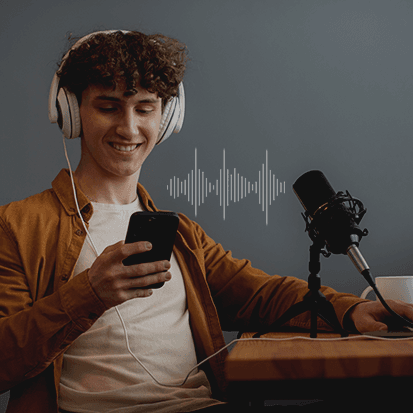Is it even a good day without listening to your favorite song? Of course not. The soothing effect of the music will calm you down, whereas high bass can evoke a sense of excitement and make you connect with the track emotionally. Music has the power to make you forget about life’s hardships for a moment and will help you enjoy your time.
Many music festivals are happening around the world, the reason is to create a fun, judgment-free environment and for a while, help you wash away your work blues. One of the holistic ways to bring joy to your soul is music therapy. Here is all you need to know about it.
What is music therapy?
Any type of therapy helps to heal you emotionally and mentally. It is a holistic way of soothing your mind and soul. Similarly, in music therapy, a trained music therapist makes use of musical instruments and other techniques to holistically heal you. This therapy includes writing music, listening to music, playing instruments, and more that will help reduce stress levels, improve mood, and offer a sense of relaxation and comfort.
The music therapist will have a brief discussion with you and jot down your music preferences. Then, the therapist will plan a session for you based on your experience and music choice. However, just listening to music can make you feel much better, but music therapists are highly trained professionals and will help you come out of your stress with sessions designed especially for you.
Your mental health can improve with this therapy. According to Gitnux.org, in 2020, more than five thousand music therapists were registered to practice in the United States. This shows the rise in therapy taken by people to improve their well-being. Music and mental health are closely associated with uplifting your mood. Here are some of the benefits of this therapy.

Benefits of music therapy (Effects of music on mental health)
Whether you are an adolescent, adult, older adult, or just a kid, music therapy techniques can support your emotional well-being. These days sedentary lifestyles, academic pressure, social and environmental factors, and others together affect mental and physical health. This is where music therapy can help you come out of your problems and lead a normal and happy life. Here is how music as a stress reliever can do an amazing job.
Anxiety and stress reduction
Music has a huge impact on mental health. It can instantly calm your stressed mind and make you feel relaxed. The therapist will create a playlist to engage you in a musical session that will wash away your stress and anxiety.
Enhanced communication
Do you find difficulty in communicating your thoughts to others? Well, you should try this therapy. We already discussed the mental health benefits of music, and now let’s understand how it can improve your communication. Your language learning abilities may increase while singing lyrics and phrases. Also, playing instruments will help you express yourself without verbal communication through facial expressions and other gestures.
Pain management
Music can distract your brain and let you indulge in the pleasure of the melody being played. If you are recovering from surgery or suffering from chronic pain, music therapy can be a distraction and can assist in pain management.
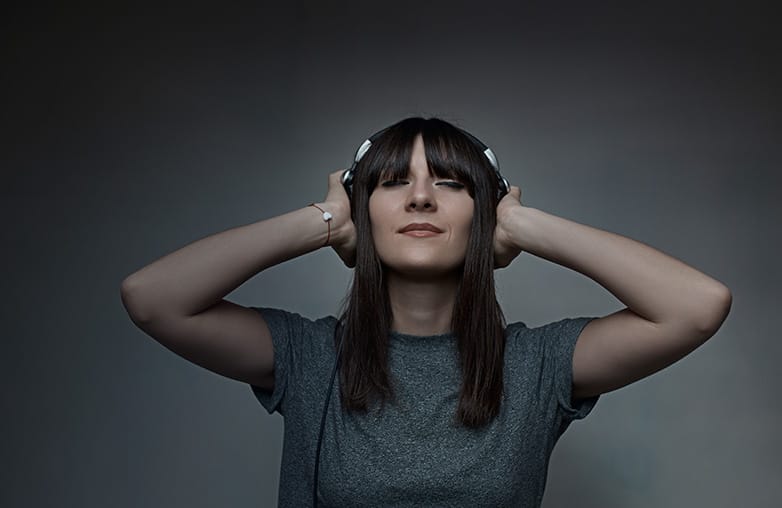
FAQs
How often should I take music therapy?
Your music therapist is the best person to decide how many sessions you require. The therapist will have a detailed discussion with you and decide the weeks or months of your session.
How long does one session of music therapy last?
The maximum time of therapy is about 60 minutes.
How to enjoy the best audio quality while listening to music?
You can try Boom 3D for Mac and Windows, or Boom for iOS and Android to get the best sound output and enjoy 3D surround sound on any ordinary headphones.








